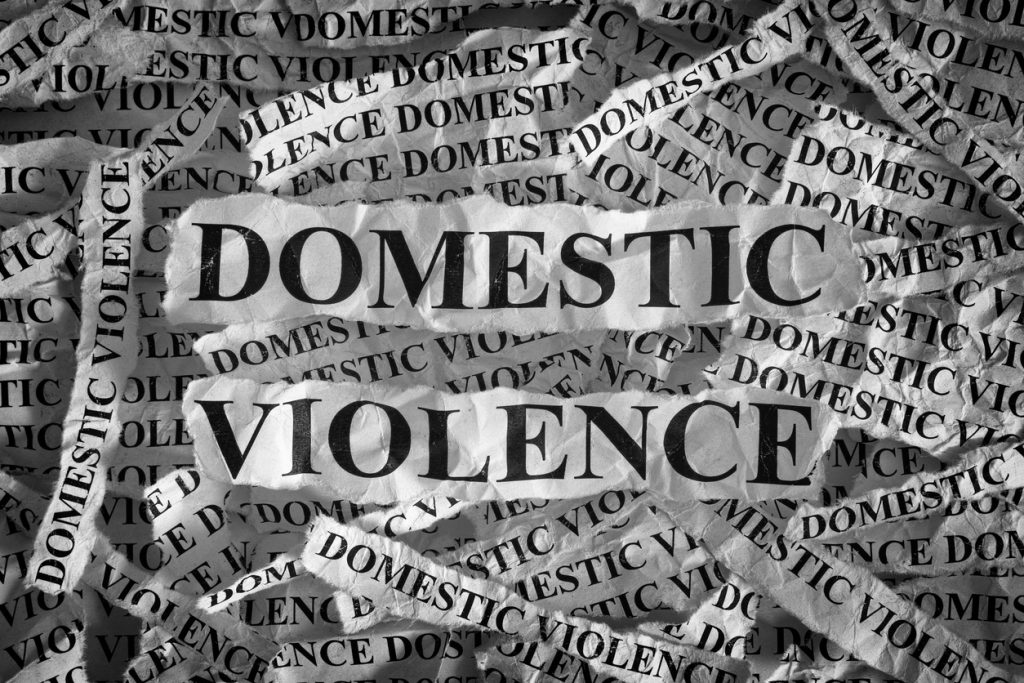California Domestic Violence Felony: Impact On Divorce And Spousal Support
The legal consequences of a California Domestic violence felony extend well beyond criminal court. While many people focus on potential jail time or probation, one of the most overlooked effects is how such a conviction can alter divorce outcomes and influence spousal support decisions. Under California law, domestic violence convictions—especially felonies—carry significant weight in family court, shaping everything from property division to the ability to receive or pay support. For individuals navigating both a criminal case and a divorce, understanding these intersections is essential to anticipating legal outcomes and protecting financial interests.
Understanding the Legal Definition of a California Domestic Violence Felony
A California Domestic violence felony arises when acts of abuse against an intimate partner meet certain statutory thresholds. Abuse may be physical harm, threats of harm, or other conduct that causes fear or injury, and when the circumstances are severe—such as causing great bodily injury, using a deadly weapon, or having prior convictions—the charge can escalate to a felony. These cases are governed by provisions in the California Penal Code, which not only dictate potential prison sentences but also create collateral consequences in family law proceedings. When a felony conviction is entered, family court judges have statutory authority to factor that finding into decisions about financial support and child-related orders.
How a California Domestic Violence Felony Shapes Divorce Proceedings
In divorce cases, California applies community property principles, generally requiring an equal division of assets and debts acquired during the marriage. However, a California Domestic violence felony can disrupt the standard 50/50 approach. If the victim is the spouse of the offender, the court can consider the conviction as misconduct affecting the division of property. In certain situations, the injured spouse may receive a greater share of the marital estate or be shielded from certain joint obligations. This is especially true when there are related civil damages, restitution orders, or medical costs tied to the abusive conduct.
Judges have discretion to protect the economic position of the victimized spouse, ensuring that the financial fallout from abuse does not compound the harm already caused. This means the criminal finding directly influences what would otherwise be a straightforward division under community property law.

The Direct Link Between Felony Domestic Violence and Spousal Support
Spousal support—also called alimony—can be significantly affected by a California Domestic violence felony. California Family Code section 4325 creates a presumption against awarding spousal support to a spouse who has been convicted of domestic violence against the other spouse within the previous five years. While this statute covers both misdemeanors and felonies, the impact of a felony conviction is particularly severe because the presumption against support is stronger and harder to overcome.
This presumption is not just theoretical. In practice, courts often deny support entirely to a convicted spouse, even if they would otherwise have qualified based on income disparity or length of marriage. The convicted party can attempt to rebut the presumption by showing evidence of mutual abuse or other mitigating factors, but the burden is high and the success rate low, especially in felony cases.
Felony Convictions and the Loss of Entitlement to Support
In many situations, a California Domestic violence felony will not only block the offender from receiving spousal support but may also impose additional obligations, such as paying the victim’s attorney fees. California courts have consistently ruled that protecting survivors of domestic violence includes limiting the financial power of abusers in divorce. The law is structured to prevent an abusive spouse from benefiting financially after engaging in conduct that has already caused significant harm.
This statutory approach reflects public policy priorities, as confirmed by legislative history and case law, including interpretations found in California judicial council materials and state statutes. The goal is to ensure the divorce process does not become another avenue for continuing control or coercion.
Intersection With Protective Orders and Divorce Timelines
A protective order stemming from a California Domestic violence felony conviction can heavily influence the pace and structure of a divorce. Restraining orders may restrict communication, limit shared property access, or dictate custody and visitation arrangements. These orders are enforceable under California’s domestic violence prevention laws, and violations can trigger additional criminal penalties.
Protective orders also interact with divorce case management. Hearings may be expedited or delayed depending on the need for safety measures, and some settlement discussions may be impossible without third-party mediation. When the felony conviction is recent, family courts often synchronize proceedings with criminal probation requirements to avoid conflicting orders.
Financial Ramifications Beyond Spousal Support
The impact of a California Domestic violence felony on financial matters is not confined to alimony. If the abusive conduct caused economic losses—such as damaged property, lost wages, or medical expenses—the victim spouse may be entitled to restitution through criminal court. In divorce, these losses can also be considered when dividing property or assigning debts. This creates a dual recovery path: one through the criminal sentence and another through the family court judgment.
Additionally, the convicted spouse’s earning capacity may be reduced due to incarceration or the stigma of a felony record. While this might normally justify a lower support obligation, in domestic violence cases the law prioritizes the victim’s recovery over the offender’s reduced income. Courts may still impose financial obligations to the extent possible, even if collection is challenging.

Custody and Parenting Time Complications
While this article focuses on divorce and spousal support, the presence of a California Domestic violence felony inevitably impacts custody decisions. California law presumes that awarding custody to a parent with a history of domestic violence is detrimental to the child’s best interest, as codified in the Family Code. This presumption is rebuttable, but the evidence required is substantial. For parents, this means a felony conviction may lead to supervised visitation or complete loss of custodial rights, further shaping the overall divorce outcome.
The court’s priority is child safety, and judges routinely consult state resources such as the California Courts Self-Help Center to ensure compliance with statutory requirements in these cases.
Strategic Considerations for Divorcing After a Felony Conviction
For the spouse who is the victim, a California Domestic violence felony conviction against their partner provides substantial legal leverage in divorce negotiations. It can serve as a basis to seek a greater share of assets, secure exclusive property use, and avoid paying spousal support. For the convicted spouse, the focus often shifts to mitigating financial damage and preserving any remaining rights, though the law’s structure makes recovery from such a legal position difficult.
Family law attorneys often coordinate with criminal defense counsel to ensure that admissions in one case do not inadvertently worsen outcomes in the other. Since felony convictions carry long-lasting repercussions, the strategy often includes both short-term protective measures and long-term financial planning.
The Role of Timing in Legal Outcomes
Timing plays a critical role in how a California Domestic violence felony affects divorce and spousal support. If the conviction occurs before divorce proceedings begin, the legal presumptions against support are fully activated from the outset. If the divorce is filed first, the felony conviction during the proceedings can still change the course of the case midstream. In either sequence, the law’s intent remains consistent: to prevent financial benefit to an abusive spouse.
This timing also influences settlement negotiations. A pending felony case may cause the victimized spouse to delay finalizing property division until after a conviction is entered, thereby securing stronger legal protections.

Long-Term Impact on Financial Security and Post-Divorce Life
The consequences of a California Domestic violence felony do not end when the divorce decree is issued. For the victim, the ruling may provide financial stability through denial of spousal support to the abuser, restitution awards, and a more favorable property division. For the convicted spouse, the financial and reputational damage can last indefinitely, affecting credit, employment opportunities, and housing access.
These realities underscore why a felony domestic violence conviction is one of the most influential factors in California divorce cases. By shaping financial outcomes and altering legal presumptions, it creates a framework that seeks to balance the scales in favor of the injured party while limiting the offender’s economic influence.
In cases where a California Domestic violence felony conviction intersects with divorce, the statutory consequences are far-reaching. Felony-level abuse changes how courts view property division, dictates spousal support eligibility, and often extends into custody determinations. Those involved in such situations must navigate both the criminal and family law systems with a full understanding of how one affects the other, recognizing that California law is structured to protect survivors while imposing lasting penalties on offenders.
For a deeper overview of the criminal side of these charges, including sentencing guidelines, see this resource on California Domestic violence felony and how it shapes both legal and financial consequences.
